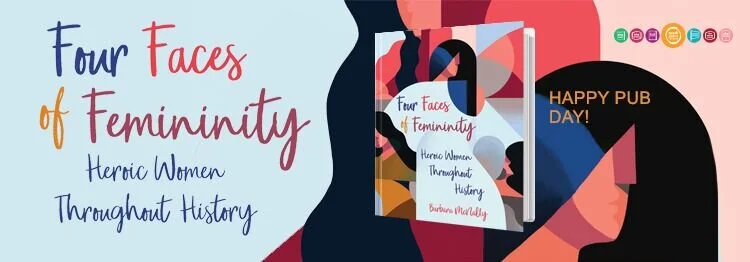Is there anyone in your life who seems predisposed to unshakable happiness? You know the type, someone who always sees a silver lining on every dark cloud and manages to pull herself out of crises with the brightest of smiles? It's easy to look at people like that and feel both confusion and all-consuming envy. After all, they've clearly got some mental wiring that the rest of us normal folks are lacking. Right?
Wrong.
Harvard psychologist Dan Gilbert has been researching happiness for decades, and uncovered some startling findings. His lab discovered that human beings have a natural equilibrium that helps us come down from major highs, but also bounce back from devastating lows. For instance, he found that a year after winning the lotto, lottery winners and paraplegics are equally happy with their lives.
In his 2004 TED Talk, he tells the audience, "From field studies to laboratory studies, we see that winning or losing an election, gaining or losing a romantic partner, getting or not getting a promotion, passing or not passing a college test, on and on, have far less impact, less intensity and much less duration than people expect them to have. ... Human beings have something that we might think of as a 'psychological immune system.' A system of cognitive processes, largely non-conscious cognitive processes, that help them change their views of the world, so that they can feel better about the worlds in which they find themselves."
Gilbert maintains - and his research backs this up - that all human beings have the same brain machinery, and the same ability to drum up what he's termed "synthetic happiness." Think of it this way: You get your dream job, that guy you're crushing on finally notices you, you publish your first book, things go exactly as you hoped they would. These events create "natural" happiness. You get laid off, and end up realizing that job was the absolute pits and are 1,000 times more fulfilled in your next job. Your crush accumulates a dozen DUIs and you're so grateful to have dodged a bullet. You never get a publishing deal, but end up moving to a new town on the recommendation of your literary agent and starting a new, better life. These events are ones in which you've created synthetic happiness.
Our society tends to see natural happiness as being somehow superior, but the wives of wounded warriors will tell you otherwise. Many of these women have experienced post-traumatic growth (PTG), a process that proves recovering from disaster may bring unexpected gifts. In the wake of the traumas they've weathered with their injured spouses, they discover new strengths and a deepened sense of purpose. They feel open to new experiences, their relationships improve, and their personal weaknesses transform into strengths. The paradox of loss is that sometimes a great deal can be gained.
The women who have attended past SPA Day gatherings have told me about how new traits—including compassion, advocacy, and empathy—bloomed within them, and swapped stories about how passion and humor had come to their rescue in some situations. All of these qualities can develop as part of PTG. With all of the information-seeking these women must do to ensure their husbands get the care and treatment they deserve, they learn to be extroverted and charismatic. Wounded warriors are often unwilling to ask for help out of stubborn pride, so their spouses must step up, getting what their families need using a combination of determination and charm. As the old adage goes, “You catch more flies with honey than with vinegar.” These women—who have learned how to be diplomatic but persistent, friendly but unyielding—are living proof that the adage is true.
It may seem like cheating to "make" your own happiness, but in many cases it's a survival tactic. What's more, it's an absolute gift. Knowing that it's within your power to see silver linings, draw growth from trauma, generate happiness using nothing but your own amazing human brain? It's more than a gift, it's a miracle.
Dr. Wayne W. Dyer said, "You are the product of what you choose for yourself in every life situation. You do have the capacity to make healthy choices for yourself by changing your attitude to one of creative aliveness. By being ever alert for turning adversity around, by improving your attitudes and expectations for yourself, and by fearlessly implementing risk-taking alternatives, you’ll soon be gratified by the way your life can take a turn for the better. Be fully alive while you’re here on this planet; you’ll have an eternity to experience the opposite after you leave."
It is within our power to create happiness today and every day. So the next time you find yourself staring down a massive dark cloud, just wait. A silver lining will peek through in time.
